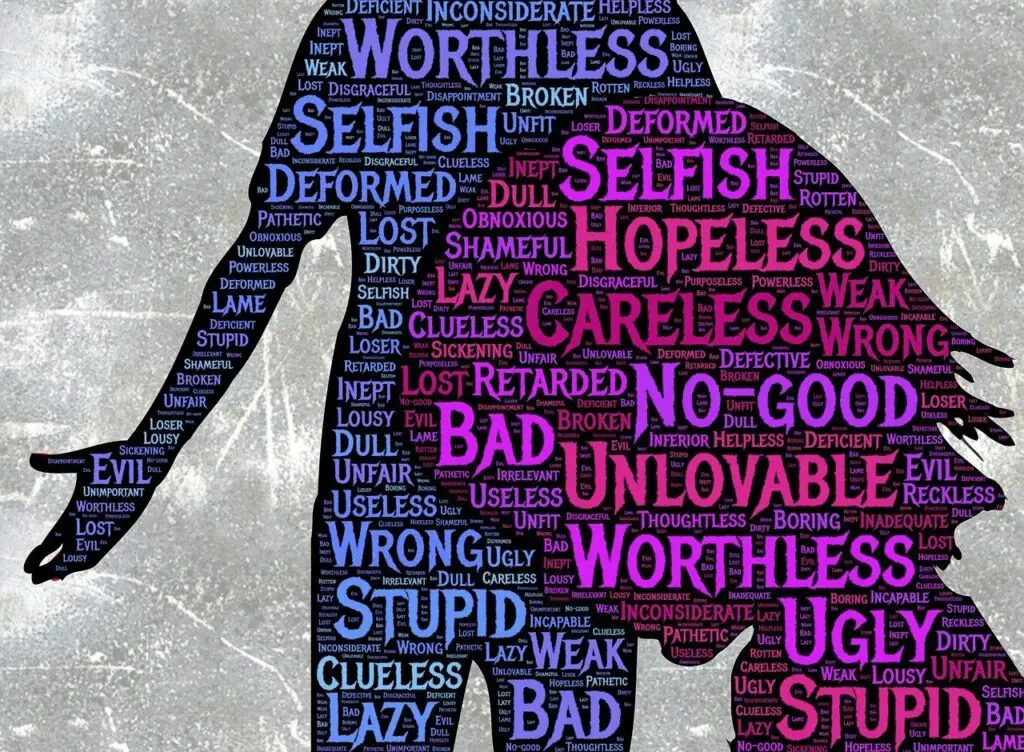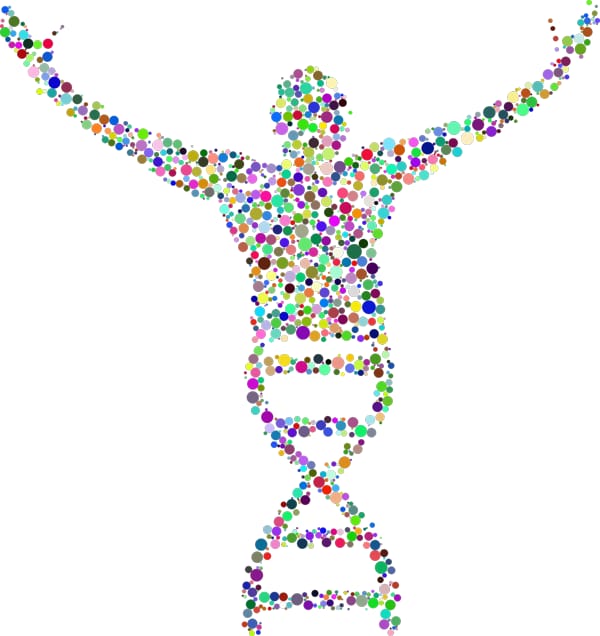Holistic wellness is created from the understanding that health isn’t solely about physical fitness, but includes mental, emotional, and spiritual health as well. It recognizes that when one aspect of our being is suffering, it will have a cascading effect on the others. For instance, chronic stress can lead to physical ailments, emotional turmoil can impact mental clarity, and physical pain can lead to a lack of focus and mental clarity. Therefore, nurturing each aspect of our being is essential for our overall wellness.
The month of May is Mental Health Awareness month so we will focus on that aspect of our being in this blog.
The mind-body connection refers to the dynamic relationship between our mental and emotional states and our physical health. It recognizes that our thoughts, emotions, and behaviors can have a profound impact on our physical well-being. This concept is not new, as ancient healing practices like Ayurveda and Traditional Chinese Medicine have long emphasized the importance of maintaining balance in both the mind and body.

Scientific research has delved deep into understanding the physiological mechanisms behind the mind-body connection. One key player in this connection is the nervous system. The automatic nervous system, which consists of sympathetic and parasympathetic branches, plays a pivotal role. When we experience stress, anxiety, or negative emotions, the sympathetic nervous system is activated, triggering the “fight or flight” response. This response leads to the release of stress hormones, such as cortisol and adrenaline, which can have a detrimental impact on the body over time. When we experience high levels of stress over extended periods, it can lead to chronic illnesses and weakened immune systems.
On the other hand, positive emotions and a calm state of mind activate the parasympathetic nervous system, promoting relaxation and healing. This system helps to reduce stress hormones and promote overall well-being. Additionally, chronic stress and negative emotions have been linked to various physical health issues, including cardiovascular disease, immune system dysfunction, and chronic inflammation.
A holistic approach acknowledges that addressing emotional and mental well-being is just as crucial as physical interventions. Ultimately, integrating mental health practices into our daily lives is key to unlocking the full potential of our mind-body connection and achieving optimal health and healing.
Risk Factors for Poor Mental Health
Mental health is described as a state of well-being where a person is able to cope with the normal stresses of life allowing them to be productive in their work and to make meaningful contributions to their family, friends, and society.
However, different circumstances exist that may affect one’s ability to handle life’s curveballs. Below are a few factors that affect our mental health. These can happen during childhood or as an adult. How we cope and deal with our traumas will affect our level of mental health throughout life.

Abuse
When someone is subjected to physical assault, sexual violence, emotional abuse, or neglect, it can lead to severe mental and emotional distress. Abuse increases the risk of developing mental disorders like depression, anxiety, post-traumatic stress disorder, or personality disorders. It can also lead to alcohol and drug use problems as people try to self-medicate their way through their feelings.

The Environment
The state of the environment that we live in is a strong contributor to our mental well-being. Do we live in a happy environment with clean food, air and water? Or do we live in an environment of anger/helplessness with toxins in the air, water, and food. A negative environment can cause negative effects on our mental wellness. In contrast, living in a positive social environment can empower us with mental clarity and resourcefulness.

Biology/Genetics
Your genetic makeup, which controls your biology, could determine the state of your mental well-being. A number of mental health issues have been found to occur in families for good reasons. Problems can arise when specific genes that determine your brain chemistry are affected. You might not break down adrenalin quickly or have enough dopamine. This will directly affect your mental well-being. The good news is that we can use nutritional support to improve those genes function.

Lifestyle
Your lifestyle will also impact your mental health. Smoking, a poor diet, excessive alcohol consumption, substance abuse, and risky sexual behavior can cause psychological harm. These behaviors are often seen when mental health is already poor, and they contribute to a downward spiral. Most of the listed activities are coping mechanisms against an uncomfortable feeling that someone doesn’t want to feel and deal with. A healthy lifestyle of exercise, positive thinking, whole real food, good relationships, and working on our emotions enforces a healthy mental attitude.

Trauma
Trauma is when we experience very stressful, frightening or distressing events that are difficult to cope with or out of our control. Traumatic experiences often involve a threat to life or safety, but any situation that leaves us feeling overwhelmed and isolated can result in trauma, even if it doesn’t involve physical harm. Unresolved trauma weighs heavily on our mental health so dealing with it creates more joy and happiness in our lives.
Some Signs of Mental Health Declining
When mental health is compromised, it isn’t always apparent to the individual or those around them. However, there are certain warning signs to look out for, that may indicate our mental health is taking a turn for the worse. These include:
- A switch in eating habits, whether over or undereating
- A noticeable reduction in energy levels, a sense of lethargy
- Being a homebody and avoiding other people
- Feeling persistent despair
- Indulging in alcohol, tobacco, or other substances more than usual
- Experiencing unexplained confusion, anger, guilt, or worry
- Severe mood swings
- Picking fights with family and friends
- Thinking of self-harm or causing harm to others
- Being unable to perform daily tasks with ease
There are natural and easy solutions to many of the causes of mental health. At the San Clemente Vitality Center we have tools to help in many ways.
Genetic Nutrition – addresses genetic variants that affect brain chemistry
Gut Health protocols – addresses the gut-brain connection
NET – NeuroEmotional Technique is a stress clearing kinesiologic technique to deal with our emotions
Detox modalities – Ionic foot detox bath and infrared sauna help remove toxins that interfere with good brain function
If you or a loved one is having issues call the office or send us a message. We are here to help.

